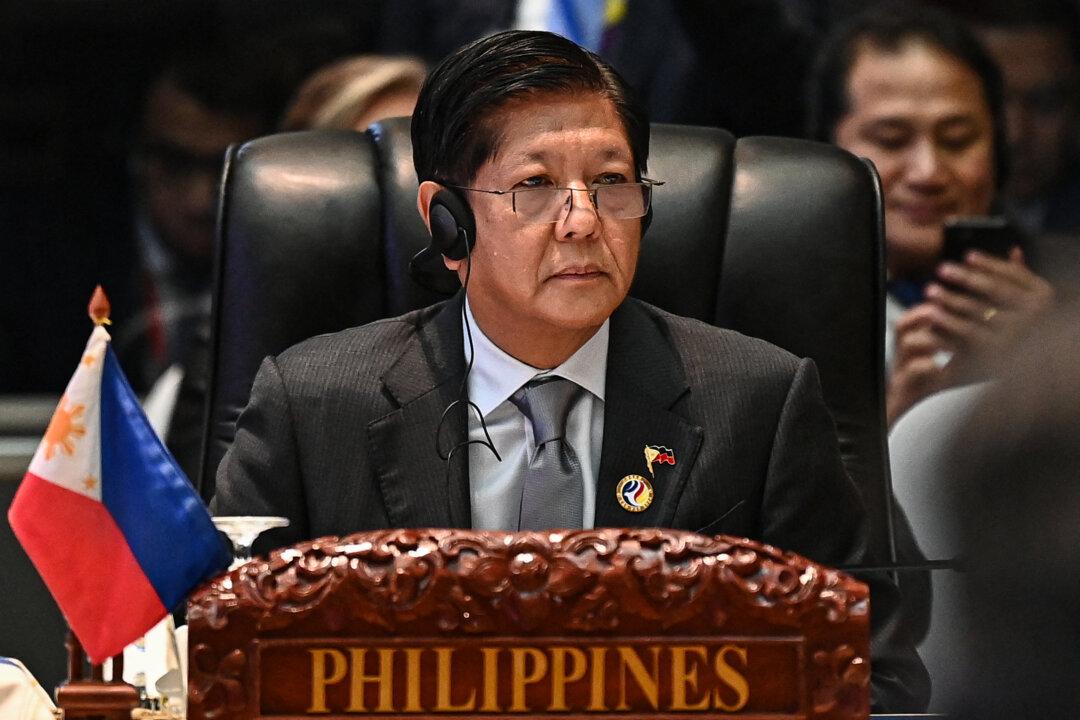Philippine President Ferdinand Marcos Jr. expressed concerns on Dec. 2 about a Russian submarine that allegedly entered his country’s exclusive economic zone (EEZ) in the South China Sea.
“All of that is very concerning. Any intrusion into the West Philippine Sea, of our EEZ, of our baselines is very worrisome,” Marcos told reporters in Marikina City, according to a statement from the Philippine Presidential Communications Office. An EEZ generally extends 200 nautical miles around a nation.





